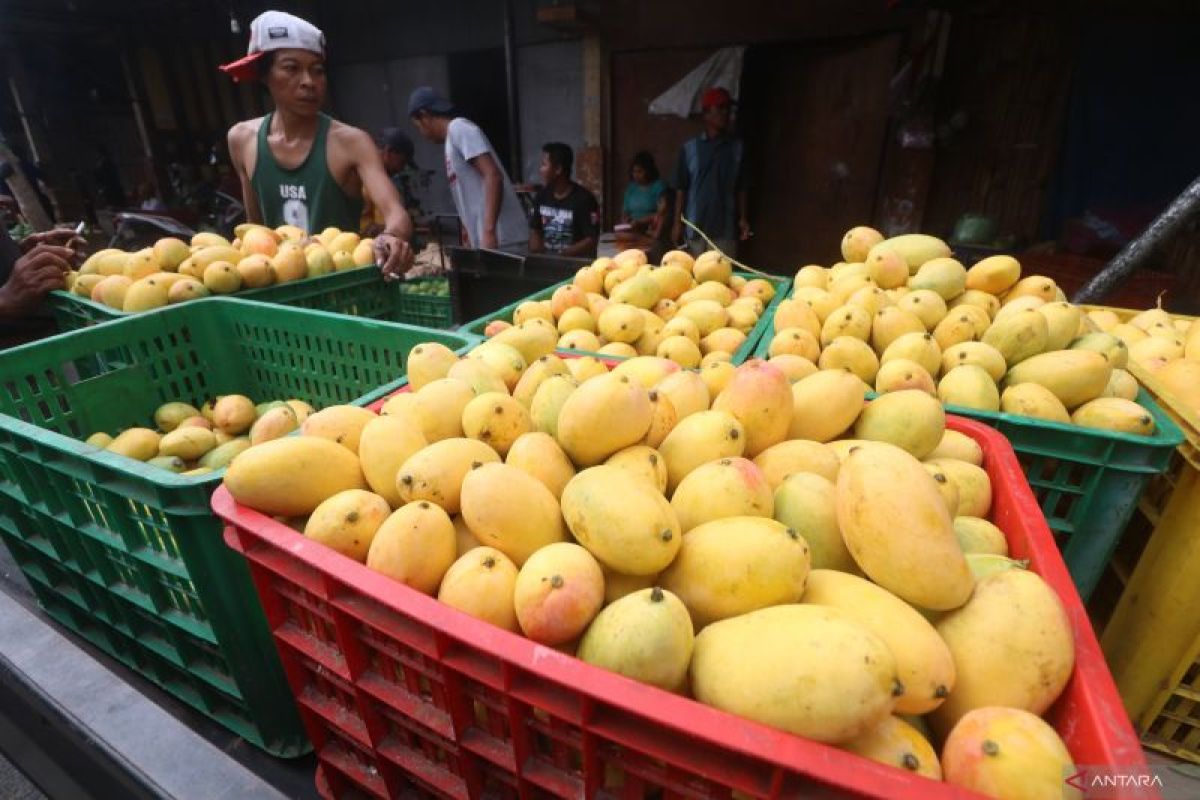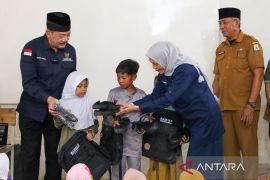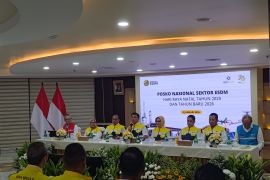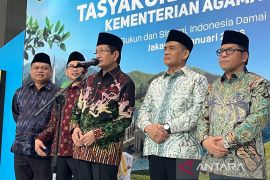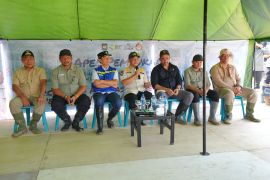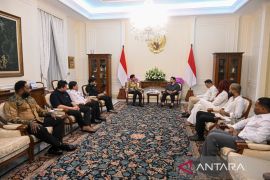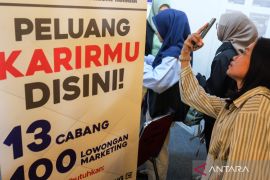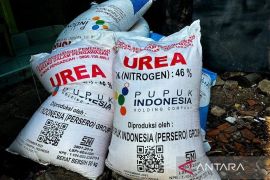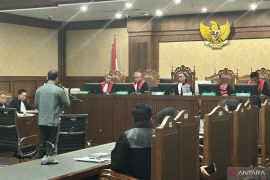"Mango skin has flavonoid, saponins, and tannins which can be processed into larvicides," one of the students who initiated the project, Santi Andriyani, said in a UGM official statement received here on Sunday.
According to her, previous research found active compounds in mango skin that can be developed as larvicide against mosquito larvae.
Andriyani along with her colleagues, Salman Hafiz Ar-ramli Lubis, Nisa Munawwarah, and Jessica Edelyne, who are members of the Mango Skin for Organic Sustainable Aedes Insect Control (MOSAIC) Team, initiated the formula.
She explained that flavonoids can disrupt the nervous and respiratory systems of mosquito larvae, while saponins can be a strong poison against insects by disturbing their gastric system, and tannins can inhibit their digestive enzymes.
The idea of using mango skin waste as a natural larvicide, Andriyani said, is not only an alternative in helping prevent dengue cases but also in helping improve environmental problems by processing unused waste.
For instance, she said that the total mango production in Thailand reached 1.66 million tons in 2020 so there is a great potential for mango skin waste processing in the country.
"Processed mango peel waste in Thailand has great potential to overcome the problems that the country is facing. Thailand itself is one of the largest mango producers in the world," she said.
The MOSAIC Team's mango skin as larvicide idea made them finalists in the Bio-Circular-Green Economy (BCG) competition organized by Kasetsart University, Thailand.
Related news: Dengue vaccination not covered by BPJS Health: official
Related news: Ministry partners with private parties to achieve zero dengue deaths
Translator: Luqman H, Kenzu
Editor: Rahmad Nasution
Copyright © ANTARA 2024
